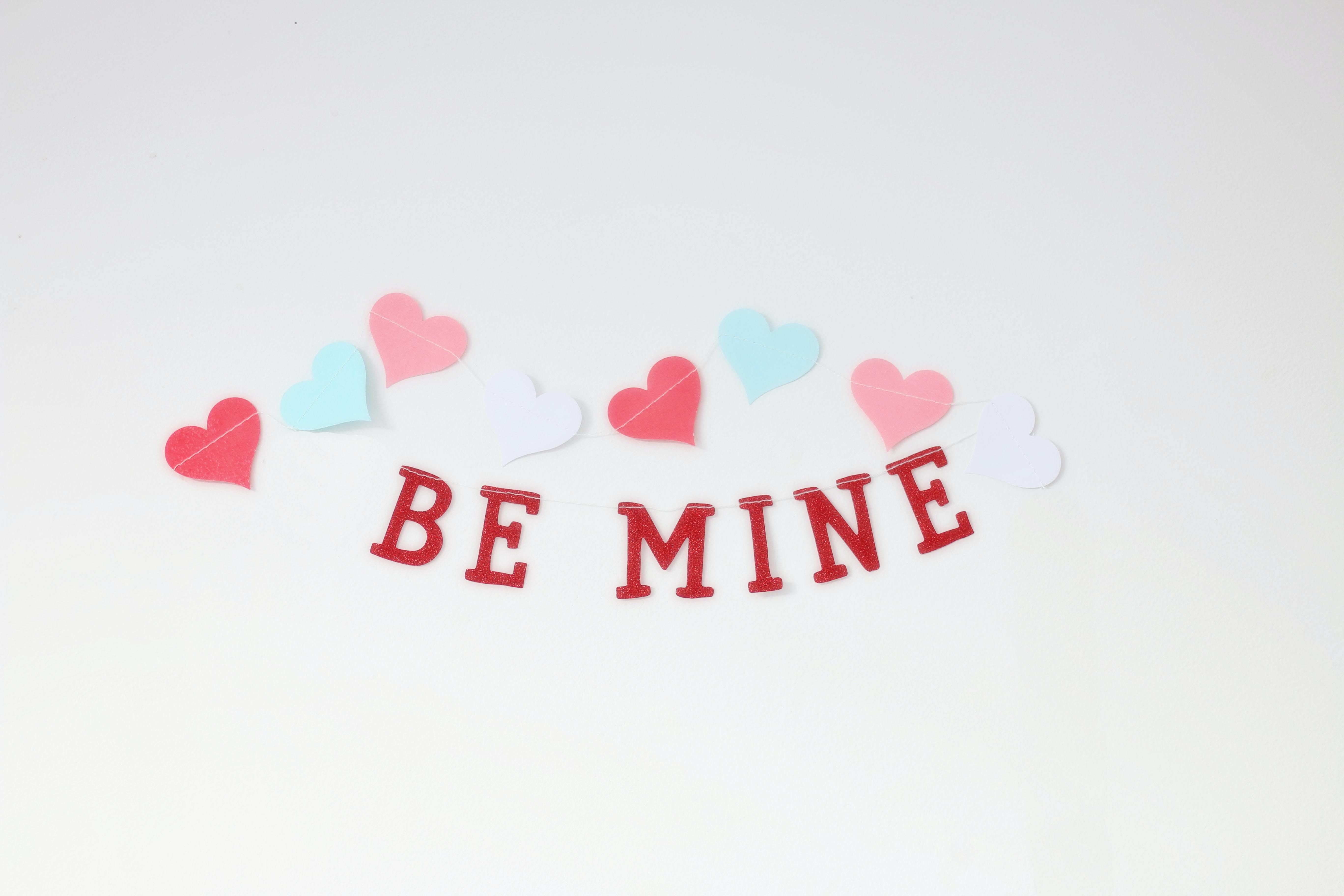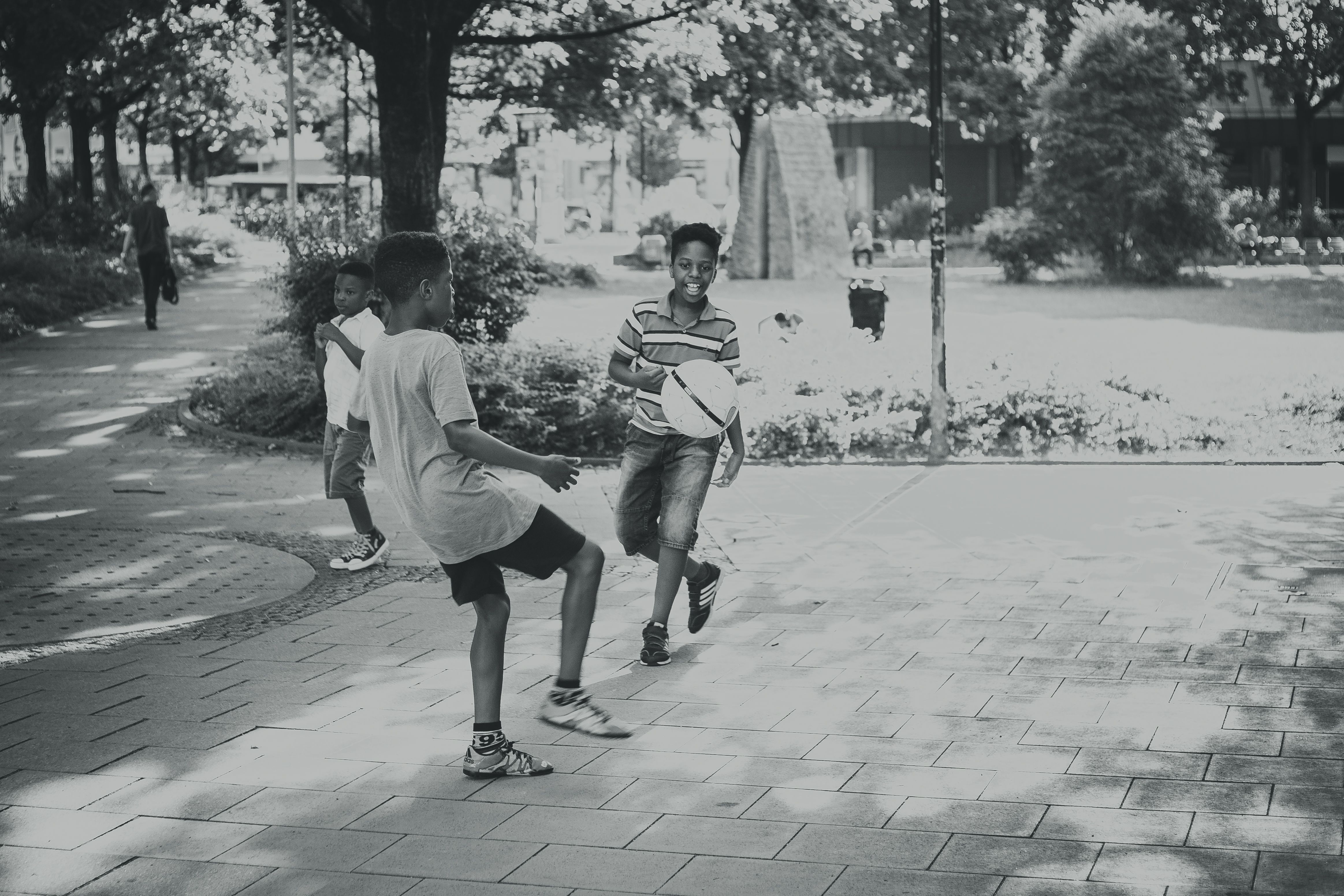
February is Teen Dating Violence Awareness month. Teen dating violence can seem like a straightforward issue, even if the solution is not so easy to come by. But the reality is, violence, like abuse in general is as complicated to understand as it is to solve. This article does not seek to define violence or abuse. Instead, I want to use this piece to talk about parts of a relationship that can be harmful, whether they are strictly definable as abusive or not, and talk about how to prevent them or protect against them in your own relationships. Before we start, this is a surface-level discussion of this topic based on my own understanding and experiences. If you are currently unhappy in a romantic relationship, or you are experiencing behavior from your partner that makes you feel unsafe, please get help from a professional. Tubman has many resources for you to get started, including crisis support.
One of the first steps of forming a healthy relationship is by being aware of red flags before a relationship begins. Red flags may be signs that a potential partner struggles with communication or respecting boundaries. They may have had unhealthy romances in the past, or have difficulty making friends, and engaging in non-romantic relationships. Or maybe they just don't have that many interests or goals in common with you. Even if your potential partner is a great person, a relationship between the two of you may not work if you both want different things from it. Before pursuing a relationship, it is also important to notice any red flags in yourself. Maybe you have struggled in the past with trust, or get angry easily. Maybe you recently experienced a break-up and aren't ready to embark on a new relationship just yet. While none of these red flags need to be deal breakers, they are important to notice and consider, maybe with the help of a trusted friend, before getting into a new relationship.
When you are in a new relationship, be a good communicator, with your partner and with yourself. Be honest with your partner and with yourself about your own needs and wants, even if you feel like they're embarrassing or unimportant. Let your partner know when they do something you enjoy, and check in with them to make sure they feel comfortable telling you their needs and wants. If your partner does something that you don't like, be sure to tell them kindly but firmly. Respect yourself and your partner when you're in conflict with them, remembering that you both deserve honesty, but not disrespect. If you feel uncomfortable with communicating, it may be time to try making a change in your relationship, or receiving support to improve that skill. If you feel unsafe when you try to communicate, or your partner feels unsafe with you, please consider the many wonderful resources on Tubman's website for further help.
If you or your partner make the decision to end a relationship, take time to process it. Even unhealthy relationships are difficult to let go of, so take as much time as you need to grieve the good things you lost, and heal from the damage that was done. It may be helpful for you to spend some time talking to a professional, or a trusted family member or friend. Appreciate any lessons you learned in this relationship, both the good and the bad, and use them to have a happier, healthier relationship next time. Above all, give yourself and your partner grace, and remember that sometimes things don't work out, even when they they with the best of intentions.
I hope that this article gave you some helpful information about how to keep yourself emotionally safe throughout a harmful relationship. Even relationships that are not violent or abusive can still be unhealthy, and it is important to recognize that not every partner will work out, despite the best of intentions. Stay safe, happy, and healthy this month whether you're in a romantic relationship or not. And remember, one of the best ways to make any relationship healthy is to but honest and respectful towards yourself.







